Bachelor of Engineering (Hons.) Electronics
(R2/523/6/0167) 06/26 (MQA/FA4864)
The four-year programme B.Eng. (Hons.) Electronics is designed in consultation with industry experts to ensure its relevance and up-to-date content in preparing students for exciting careers in various industries. This program focuses on equipping students with the knowledge, skills and expertise required to solve real-world engineering problems.
PROGRAMME OUTCOMES
Acquire and apply knowledge of mathematics, science and engineering fundamentals to solve complex engineering problems.
Acquire technical competencies in a specialised engineering discipline to solve complex engineering problems.
Identify and analyse complex engineering problems to reach substantiated conclusions using fundamental principles of mathematics, science and engineering.
Design solutions for complex engineering problems that meet specified needs with appropriate considerations for public health and safety, society and the environment.
Conduct research–based investigations into complex engineering problems to reach valid conclusions.
Create, select and apply appropriate techniques, resources, and modern engineering and IT tools to complex engineering activities.
Apply appropriate reasoning to assess societal, health, safety, legal and cultural issues that are relevant to professional engineering practice, and solutions to complex engineering problems.
Understand the impact to sustainability, society and the environment in the design and development of professional engineering solutions to complex engineering problems.
Apply and commit to professional ethics and responsibilities in engineering practice.
Communicate effectively on complex engineering activities in both oral and written forms.
Function effectively as an individual, and as a member or leader of a team in multidisciplinary environments.
Recognise the need for, and acquire the ability to engage in life-long learning amidst change.
Demonstrate engineering and management principles, as a member and leader of a team, in managing projects in multidisciplinary environments.
STAFF
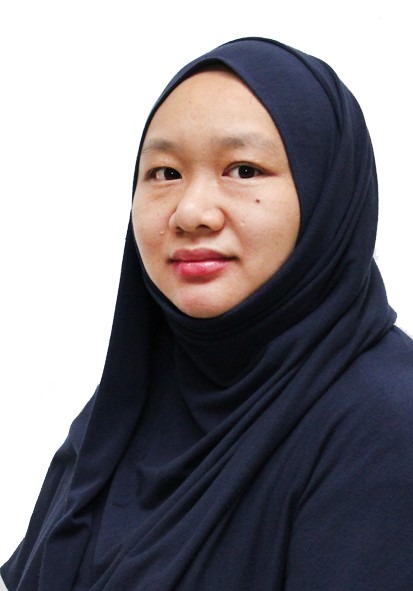
Dr. Katrina D. Dambul
Programme Coordinator
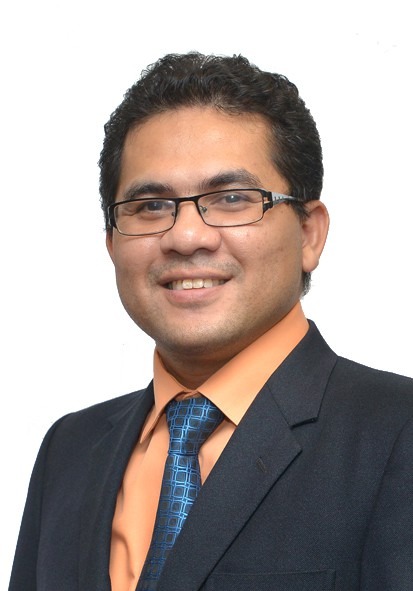
Prof. Dr. Mohammad Faizal Ahmad Fauzi
Professor
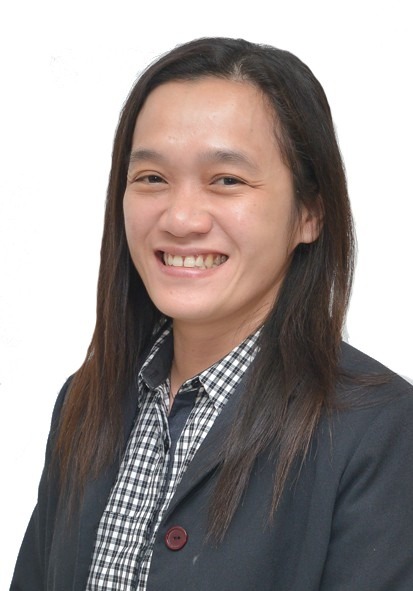
Assoc. Prof. Dr. Lee Lini @ Lini Lee
Associate Professor
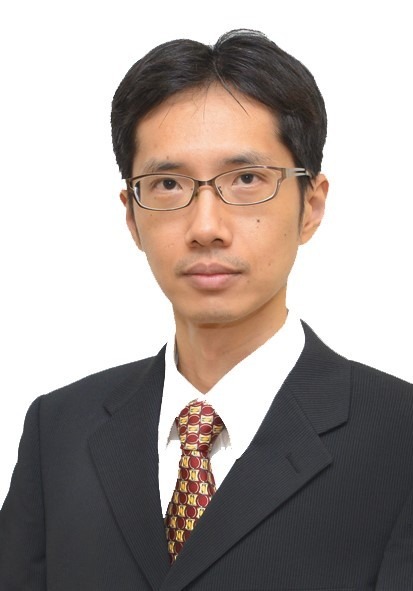
Dr. Foo Yee Loo
Assistant Professor
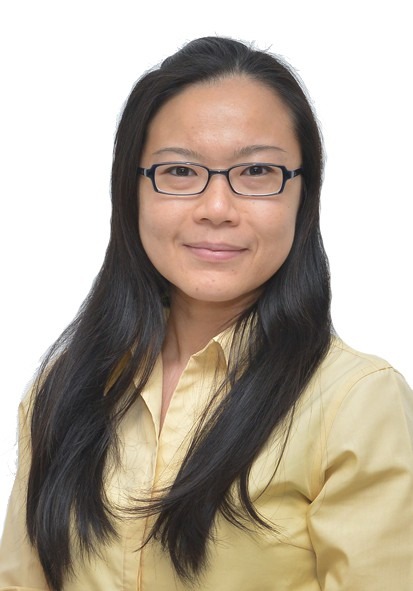
Dr. Lee It Ee
Assistant Professor
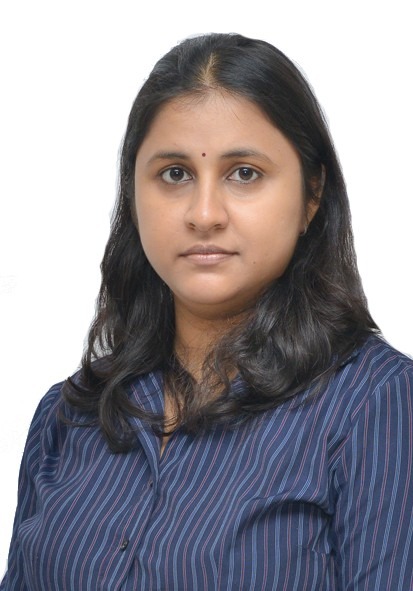
Dr. Nisha Kumari A/P Devaraj
Senior Lecturer
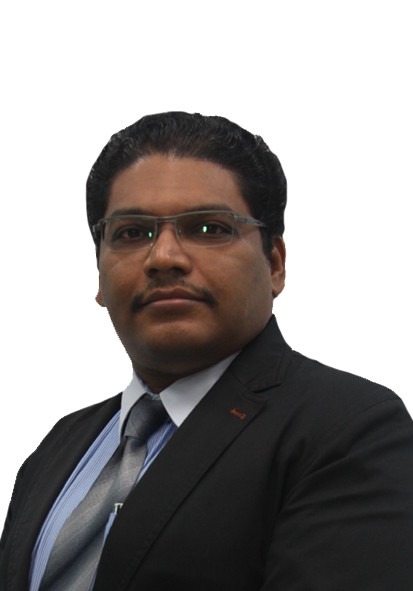
Dr. Shashikumar A/L Krishnan
Senior Lecturer
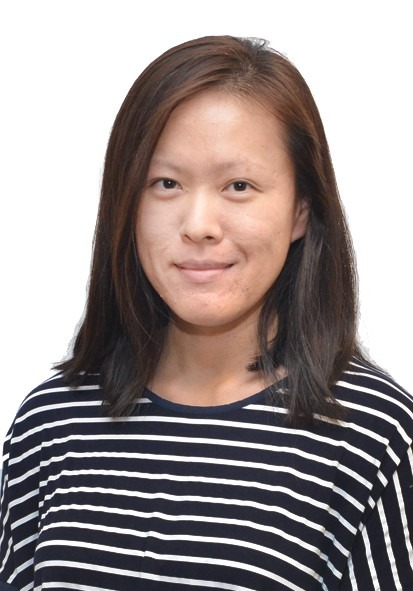
Low Pei Ling
Lecturer
INDUSTRIAL ADVISOR
Dr. Yeo Siang Miang
| Qualifications | 2025 – Doctor of Philosophy (Engineering), Universiti Tunku Abdul Rahman, Malaysia 2013 – Master Degree in Microelectronic Engineering, MMU, Malaysia 2005 – Degree in Chemical Engineering, USM, Malaysia |
| Position and Organisation | Senior Engineer, Amkor Technology Malaysia |
EXTERNAL EXAMINER
Prof. Chang, Joseph Sylvester
| Qualifications | PhD (Otolaryngology) (1990) from University of Melbourne, Australia, and B. Eng (Elect & Comp Systems) (1983) from Monash University, Australia |
| Position and Organisation | Professor, Nanyang Technological University, Singapore. |
